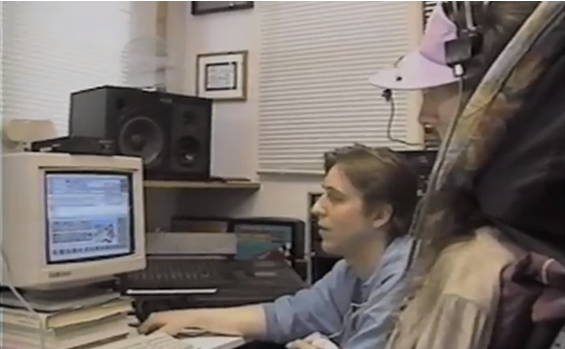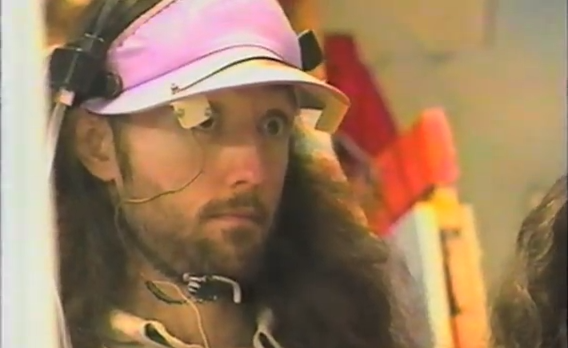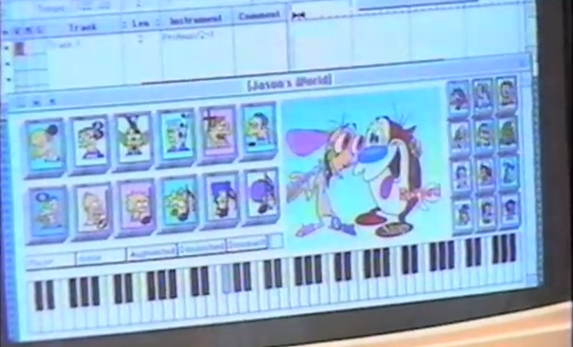A few days ago I was flipping through the channels on TV and came across a documentary about Jason Becker. The documentary is called Jason Becker: Not Dead Yet. It came out in late 2012. I had never heard of Jason before, but the movie caught my attention quickly.
Jason Becker was a guitar prodigy. He picked up the instrument at 5 and quickly demonstrated insane talent. In the mid/late 80s he joined Marty Friedman (who later was a guitarist with Megadeath) and they released a couple albums. Jason then went solo, and got his huge break when he joined David Lee Roth’s band. If you don’t know who David Lee Roth is, check him out–he was one of the biggest rock stars of the 80s and 90s. He was in Van Halen. And he’s still going.
Jason, by all accounts, was one of the best guitarists around.
But then he was diagnosed with Lou Gehrig’s Disease (ALS) (I believe he was 20 or just under 20 years old). ALS is a crippling disease that atrophies muscles and causes the body to degenerate. There’s no cure, it doesn’t even look like there are many medical treatments. Although people can live with it for awhile, it’s tantamount to a death sentence. It looks like ALS hit Jason fast, and although he was able to finish one album with David Lee Roth, he couldn’t tour, and not long after that, he could no longer play guitar.
And that’s where technology came in. I’ve included a trailer for the movie below (which I would encourage you to watch), but I’ve also screen captured a few of the key images.
Although Jason was almost completely paralyzed, he still wanted to write music. So his friends created a system (including hardware and software) that would allow Jason to write music by moving his chin. I believe this is in the early 90s. You can see how rudimentary it looks (compared to what we have today), but also how amazing it is.



It was painstaking work, but it allowed Jason to write music. It’s incredible.
Today, Jason collaborates with his father and others using much more sophisticated technology. Jason no longer uses a device strapped to his chin, he uses a language that his father invented, which Jason “speaks” by moving his eyes around. And Jason’s still writing music.
Here’s the trailer for the documentary:
Technology can genuinely solve big/awful problems. It causes problems too, but when you see something like this you have to appreciate technology’s potential for improving people’s lives. It also makes me think, as an entrepreneur and angel investor, about why people start certain companies and do certain things. It’s interesting and important to understand a founder’s motivation for starting a company, and important to ask, “Why are you doing this?” What drives someone to create another photo sharing app? What drives someone to create a laundry service? What drives someone to solve problems that seem trivial or non-existent?
Not everyone can build technology that saves lives or changes the world. And that’s OK. But it’d be cool if more people tried…
 Founding Partner at
Founding Partner at 